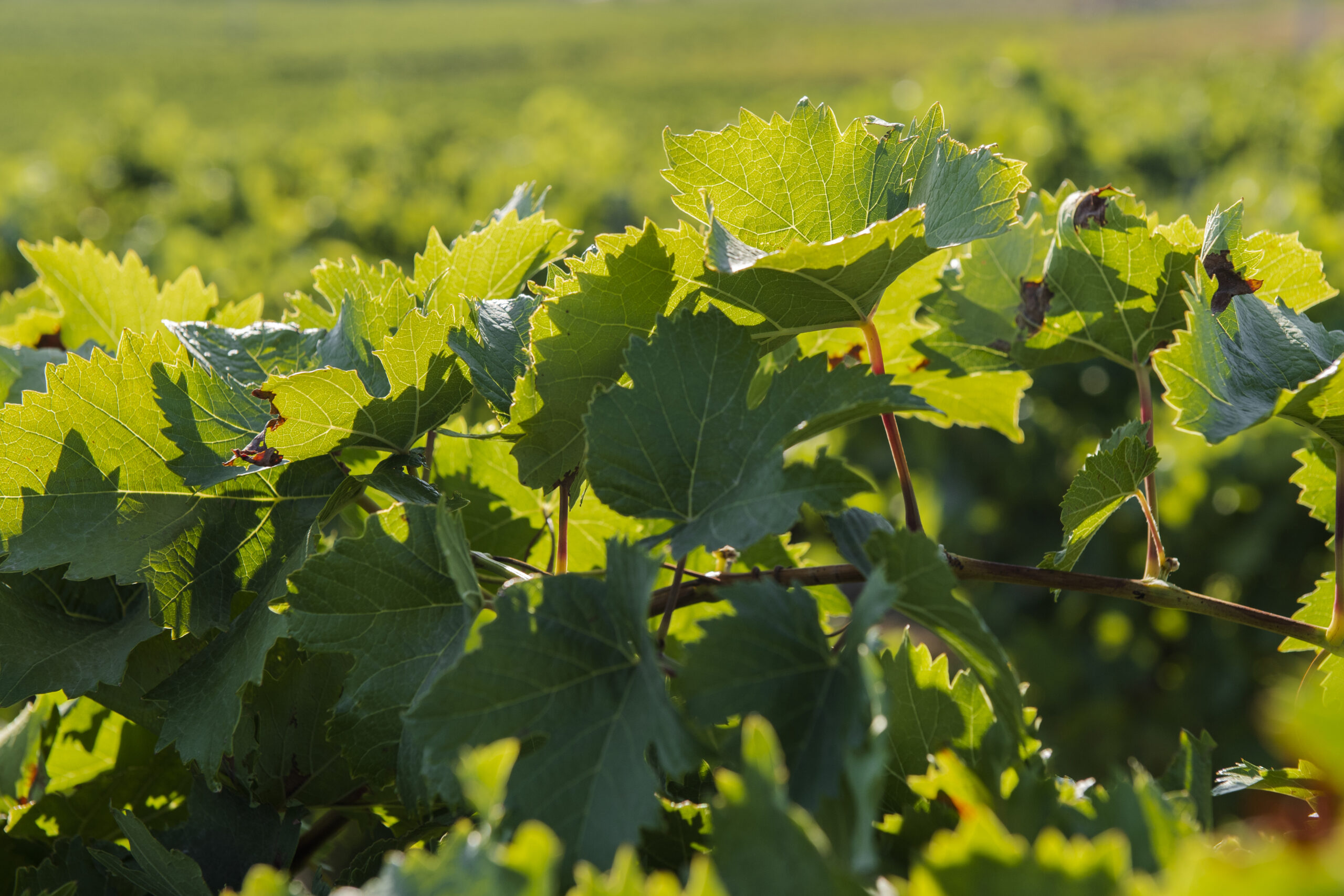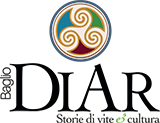
Just over a month ago, Vinitaly 2024 established itself as a key fair for the global wine sector. According to data released by the organizers, the wine market is healthy with an impact of 45 billion euros on the Italian business. However, a positive trend means new challenges to face, such as environmental sustainability.
According to various market research, Italian consumers consider organic wines to be synonymous with quality, safety, and environmental sustainability (Nomisma’s Wine Monitor Observatory). In fact, the organic wine sector is growing day by day.
What does it mean for a winery?
It is not enough to limit pesticide use or follow good practices in the vineyards. Practicing sustainable viticulture means following processes that are environmentally friendly, socially respectful, and economically correct for the business. When we talk about environmental sustainability (reducing energy consumption, maintaining healthy soil and air quality, and reducing water resource waste), it is important to include social sustainability (improving relationships with employees, suppliers, and clients) and economic sustainability (the ability to be economically self-sustaining for the business and the community). Following environmental, social, and economic standards allows us to create a context focused on technological innovation, cost optimization, and waste reduction.
What is Baglio Diar doing?
Baglio Diar has started this remarkable journey. Regarding environmental sustainability, we strive to reduce the waste of precious resources such as water. In the vineyards, we reduce water waste by up to 50% thanks to the drip irrigation systems, and in the winery, we optimize its use during cleaning processes.
We have reduced the weight of glass bottles to minimize carbon emissions during transport and adopted a plastic-free model throughout our entire work environment.
Our approach is not limited to the choice of good internal practices but includes the engagement of commercial partners who share our vision of the future.
In terms of sustainability, we achieved the VIVA certification —The program promoted by the Ministry of Environment and Energy Security that promotes sustainability in the Italian wine market.
The VIVA Program measures sustainability performance through the calculation of four indicators: the AIR indicator expresses the impact of each product on climate change; the WATER indicator measures the consumption of this resource during vineyard and winery processes; the VINEYARD indicator concerns agronomic management practices of the vineyard; and the TERRITORY indicator consists on the landscape protection of the area where the vineyards are located.
To conclude this brief journey into wine sustainability, we can say that it is not enough to follow organic production; it is necessary to seek the best conditions to limit the impacts of our actions on the environment. And Baglio Diar is working harder to reach this goal.
